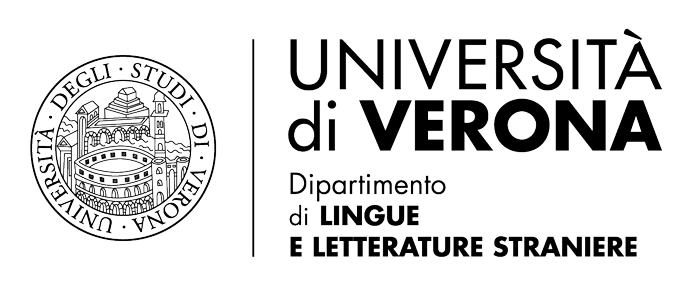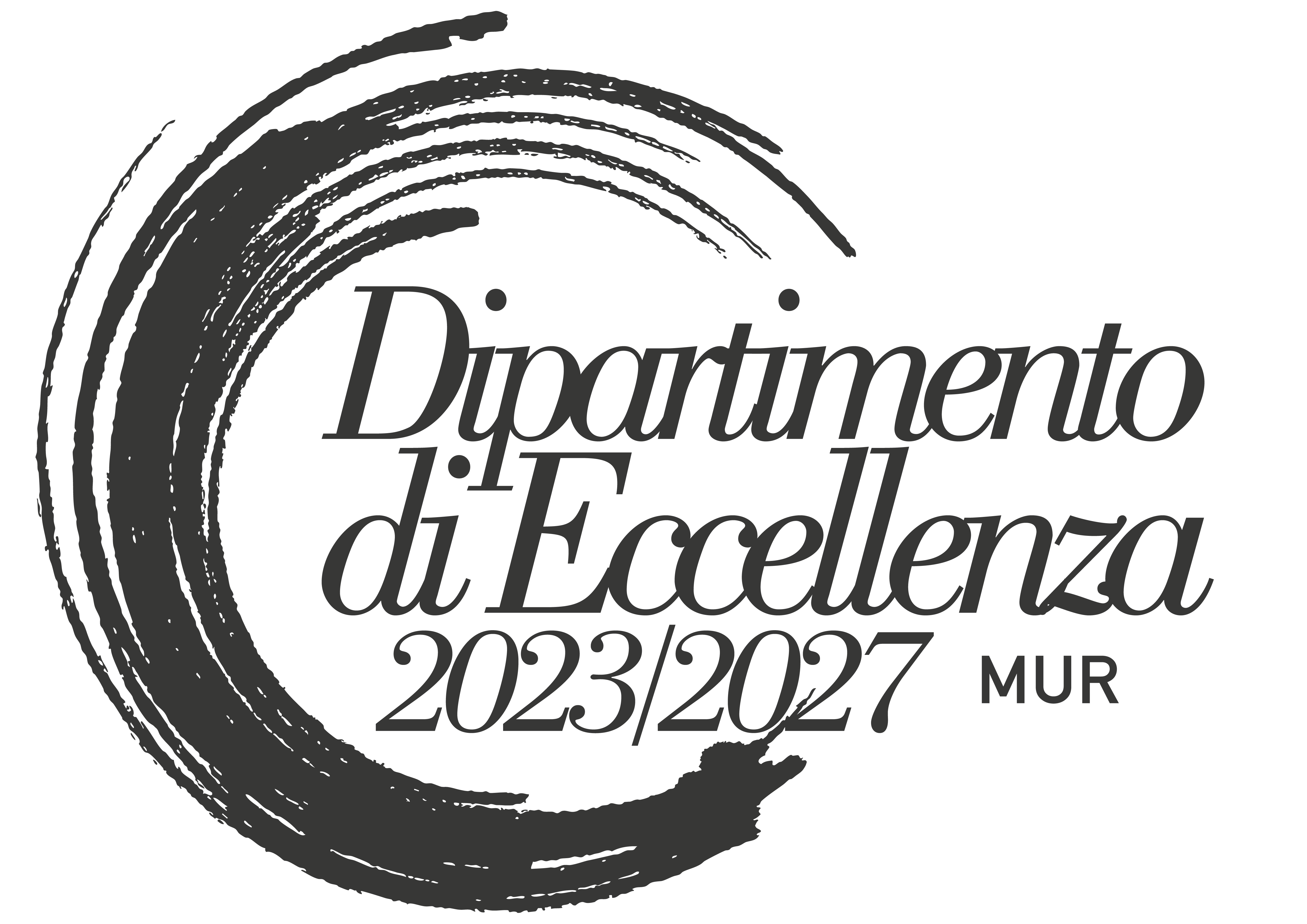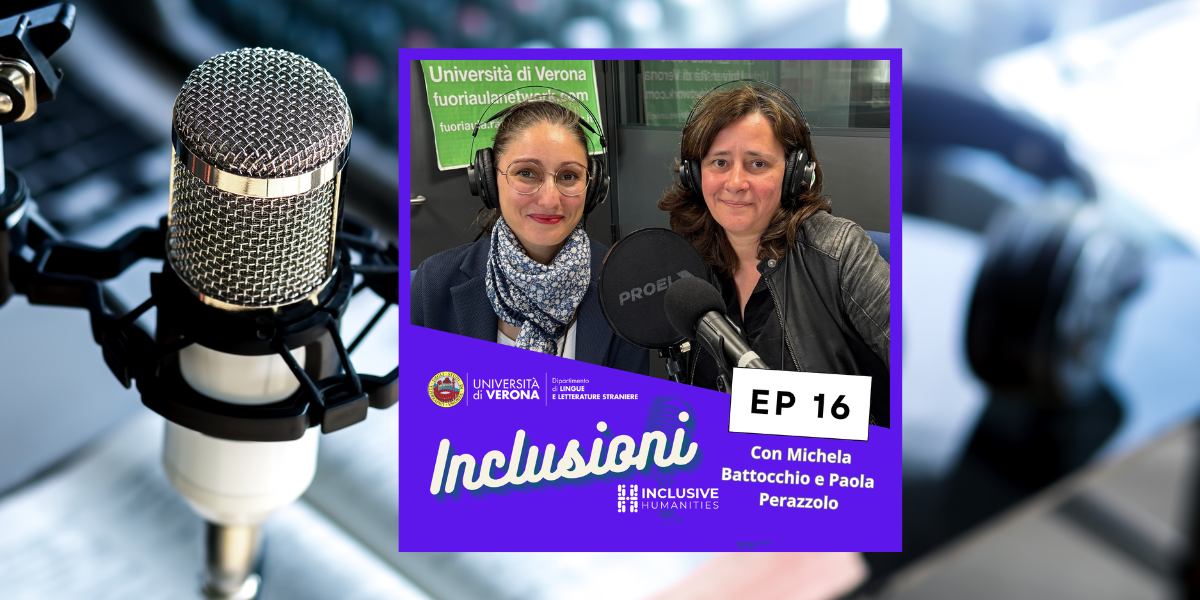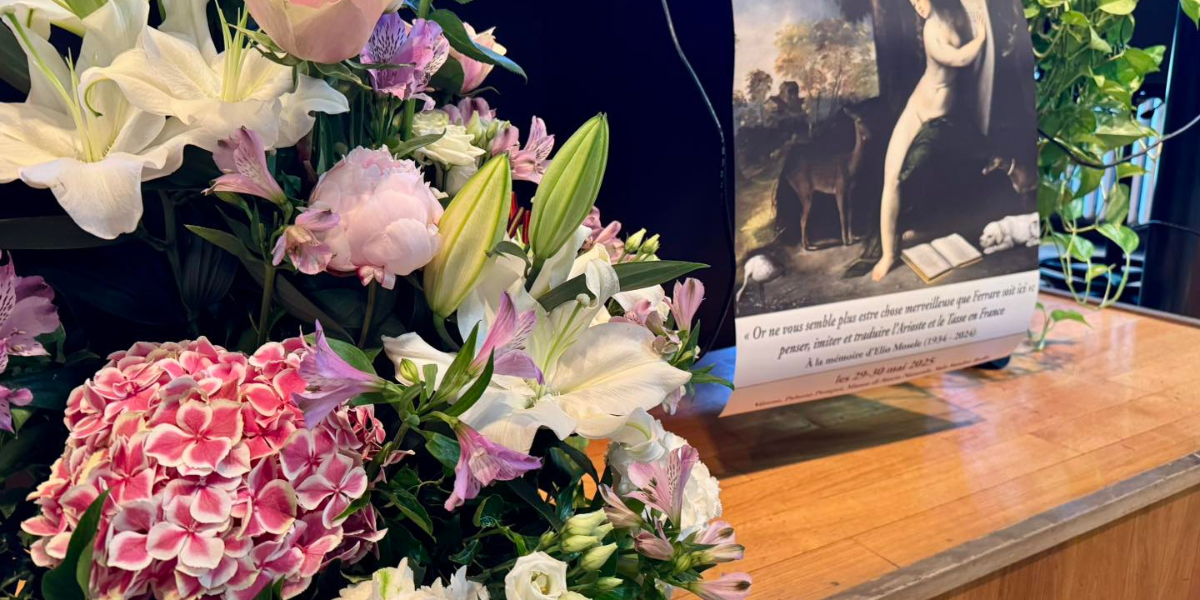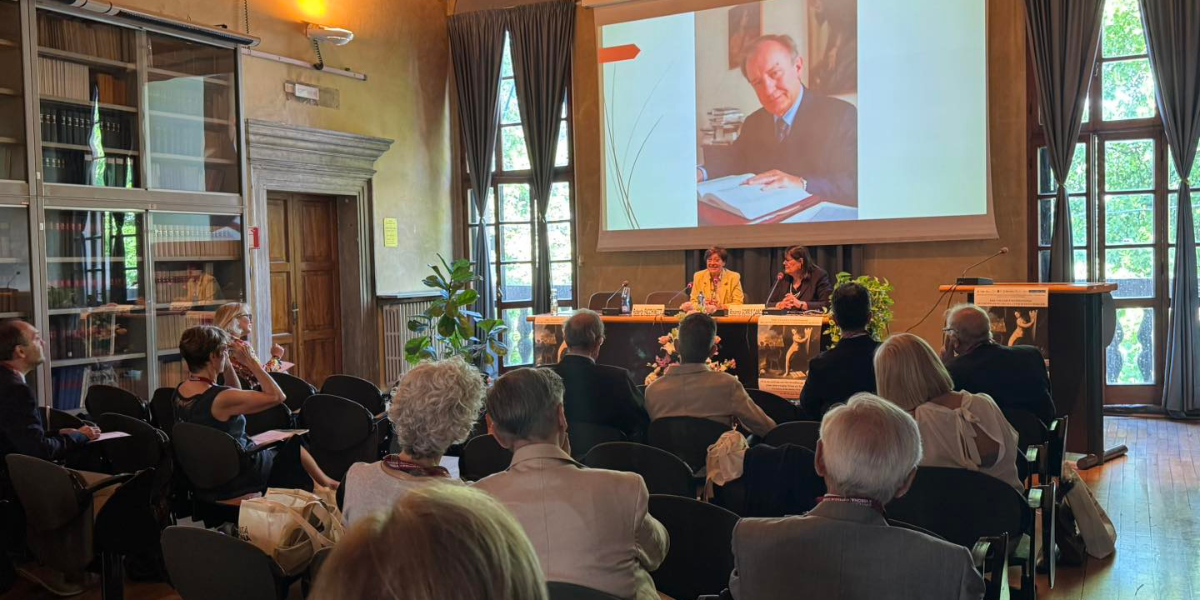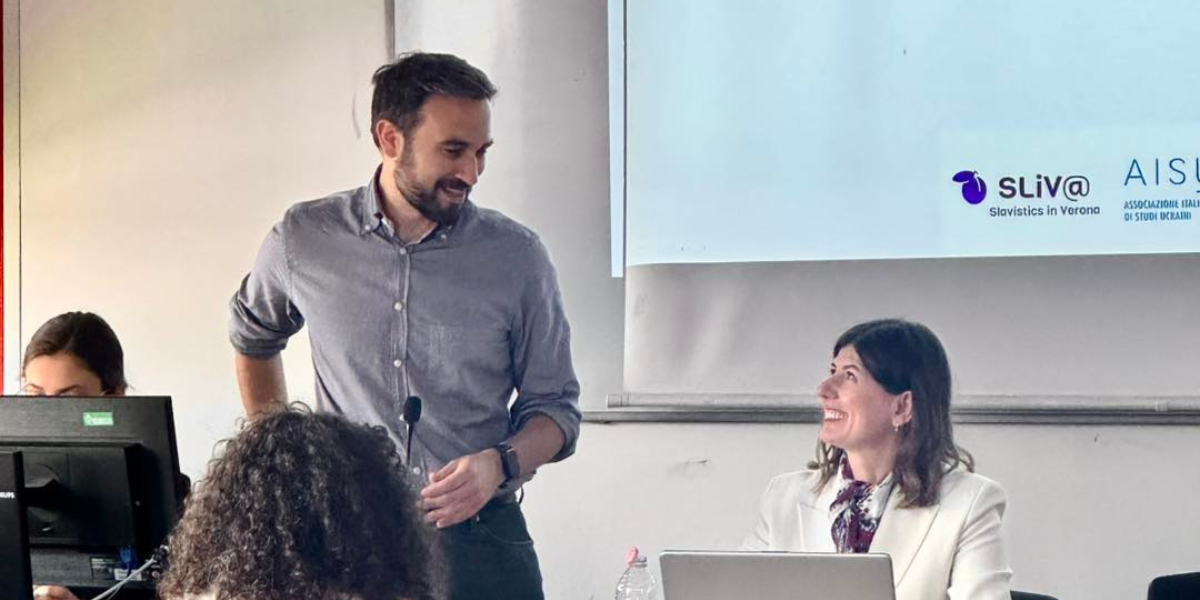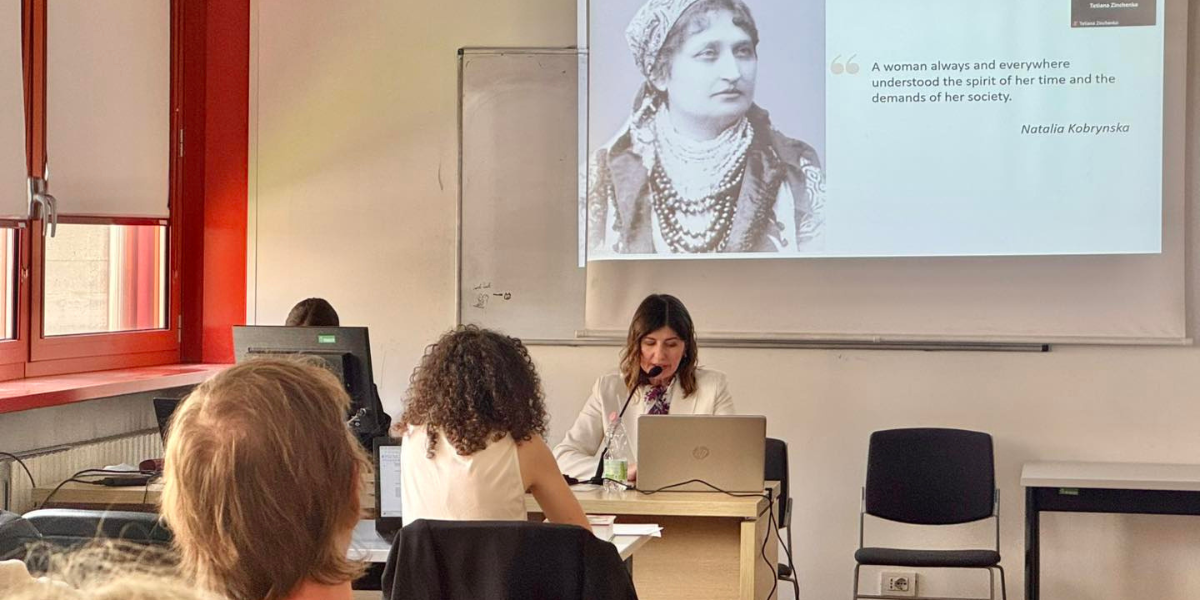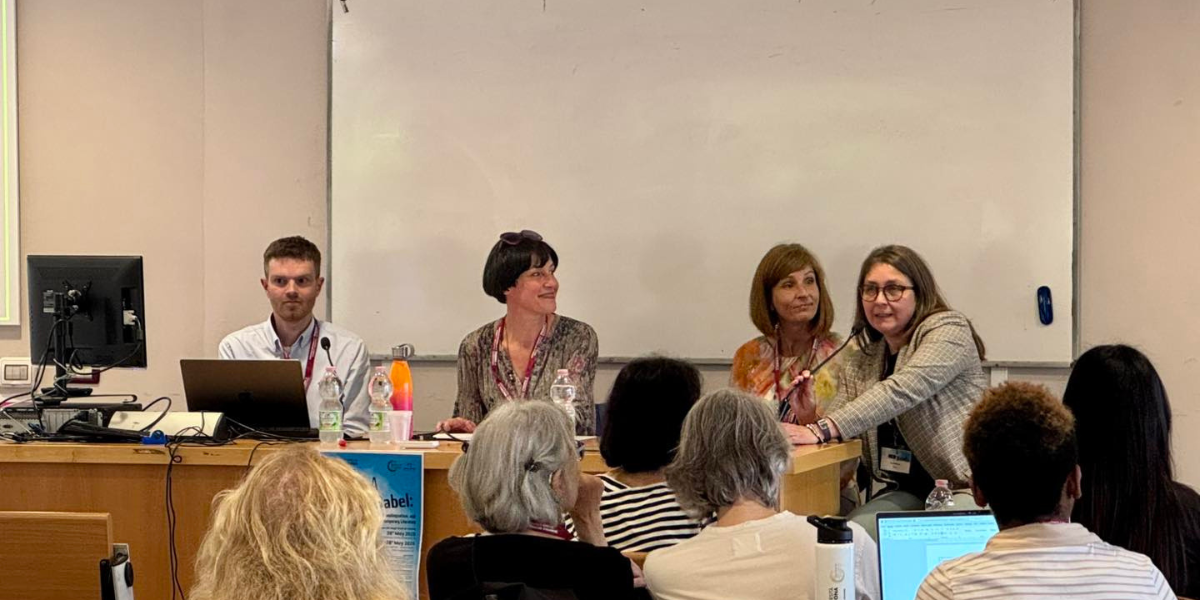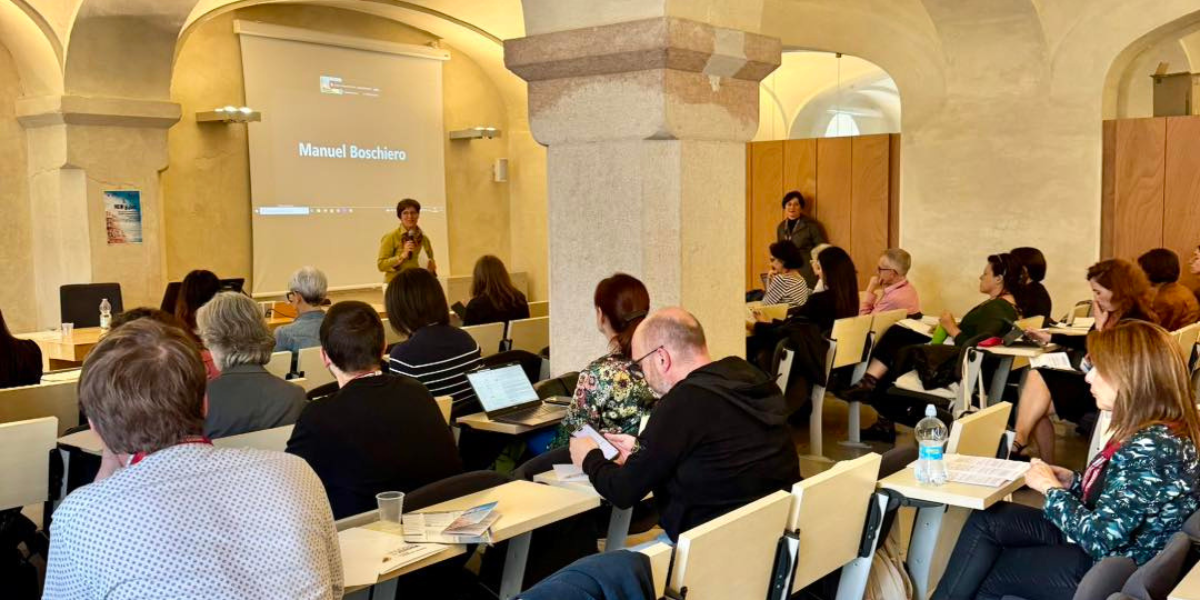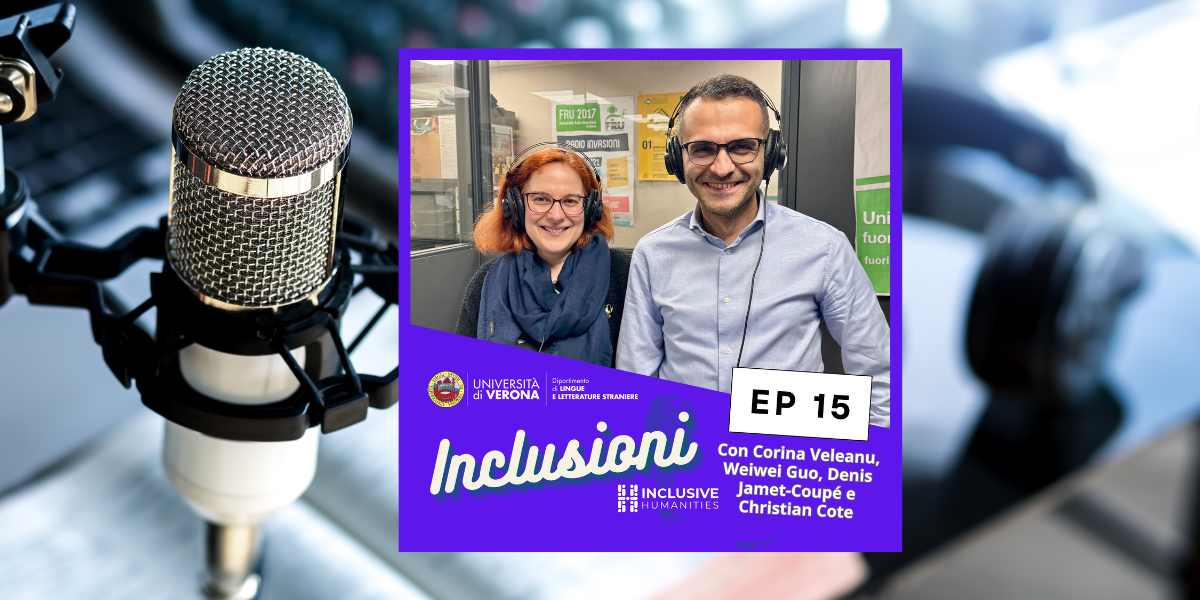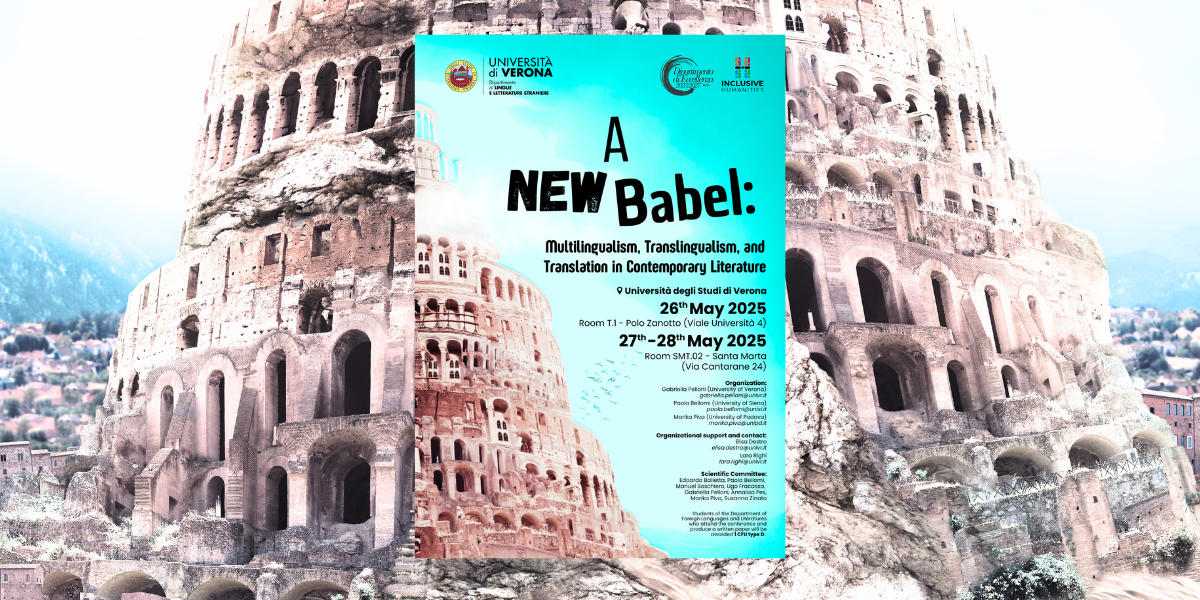Reading is not necessarily a solitary experience: have you ever thought about joining a reading group? In the sixteenth episode of Inclusioni, the podcast channel of the Department of Foreign Languages and Literatures at the University of Verona, we introduce a new series of meetings dedicated to reading the classics, organized in collaboration between our department and the Municipal Library of Colognola ai Colli, in the province of Verona.
Paola Perazzolo, professor of French literature in our department, talks with Michela Battocchio, head of the Colognola ai Colli library and provincial coordinator of the AIB Veneto Working Group on Reading Groups. Together they present the two cycles of meetings planned for summer and autumn 2025 on the theme “The New Classics.” They also discuss how these initiatives can contribute to the university’s Third Mission by bringing academic knowledge into the local community and creating a virtuous link between citizens and the university, as well as how books can be a tool for openness of mind, inclusion, and cultural mediation.
To take part in the reading cycle “The New Classics,” visit this page. Enjoy listening – or rather… happy reading!

